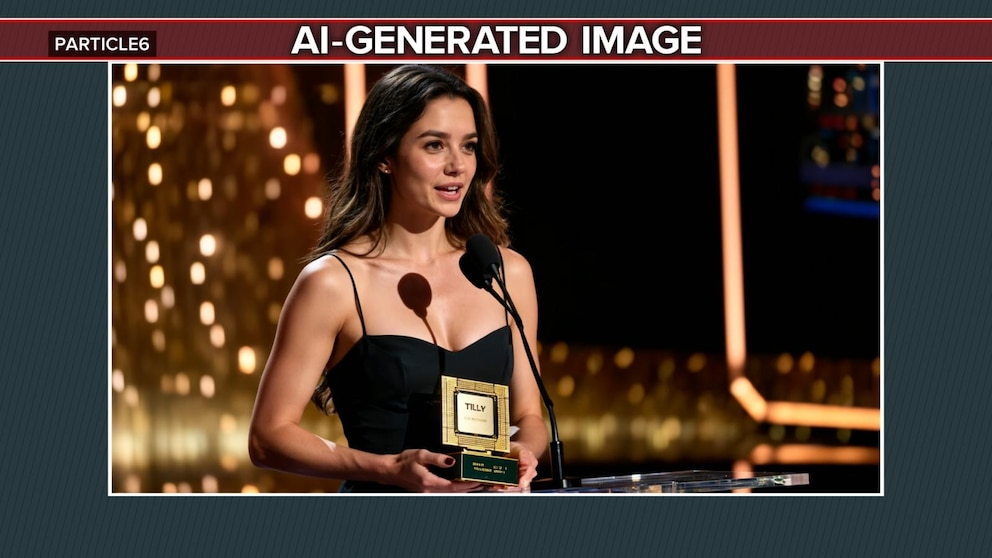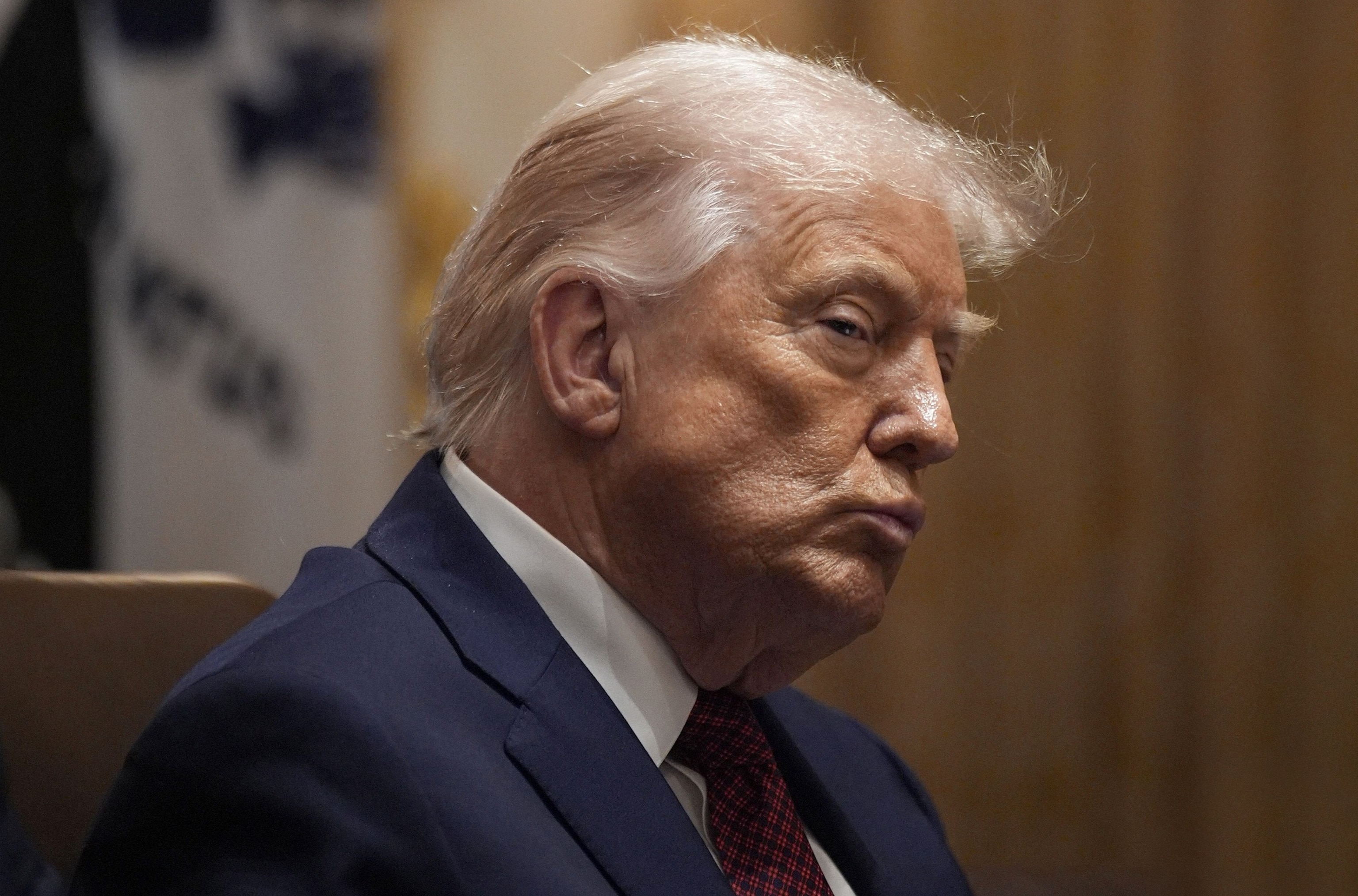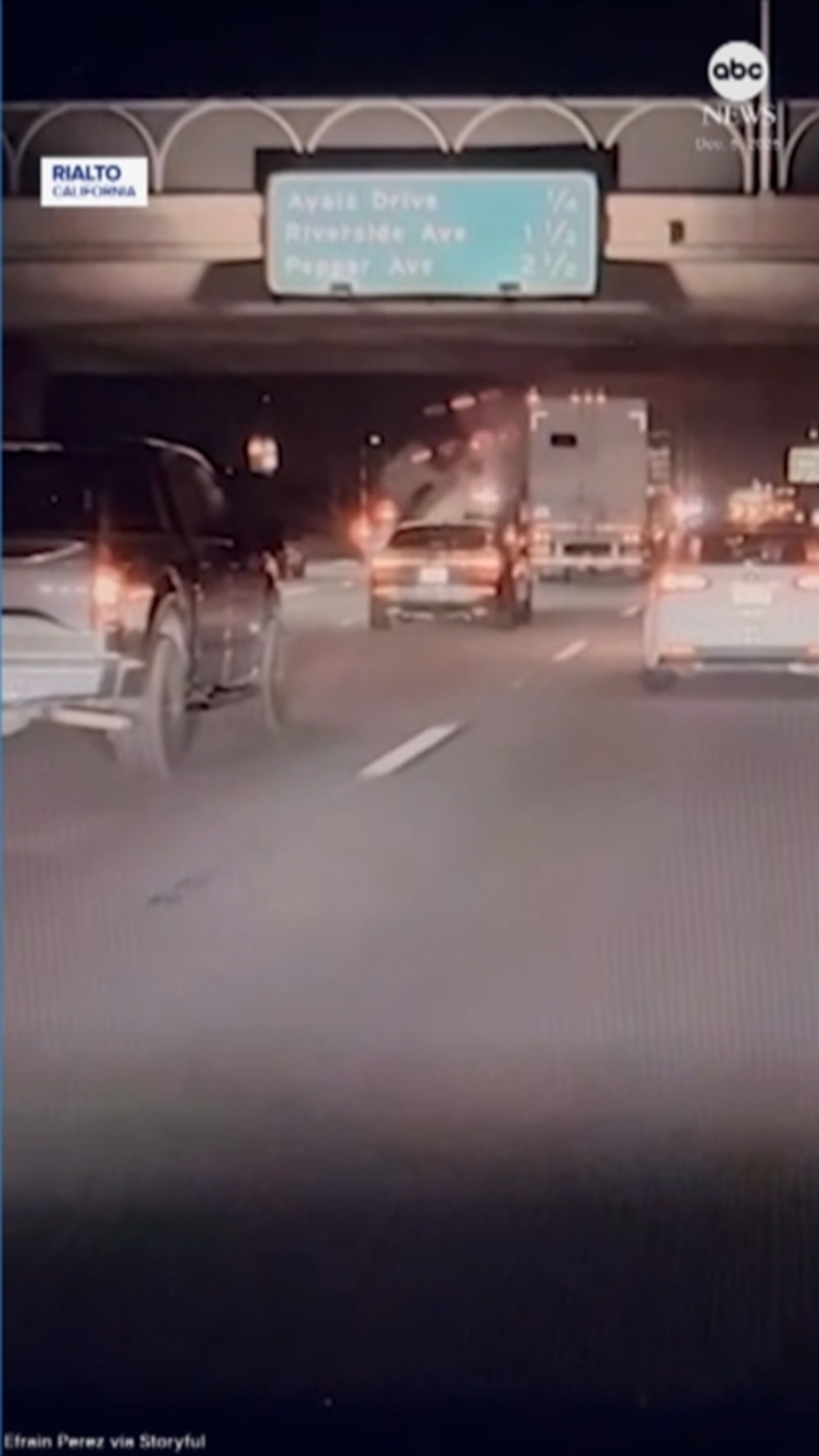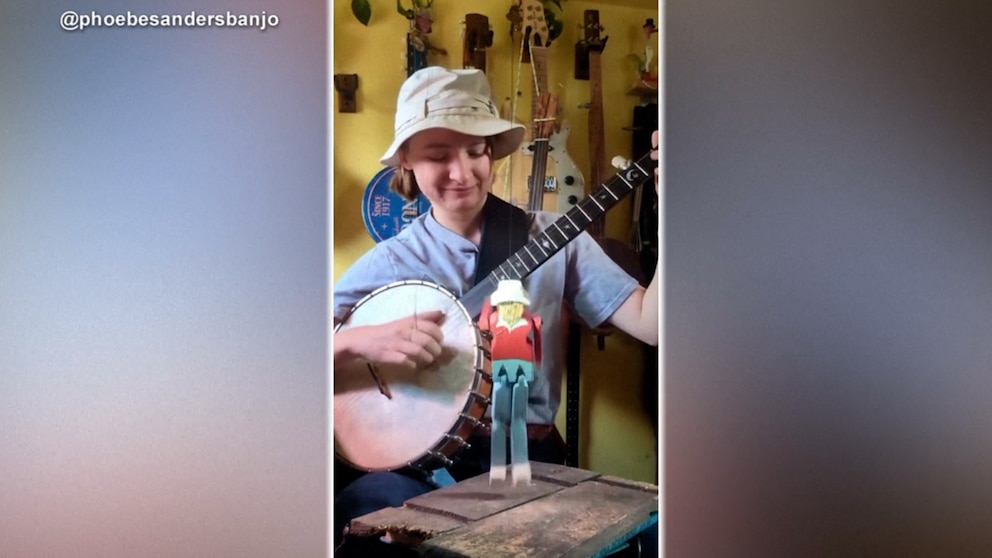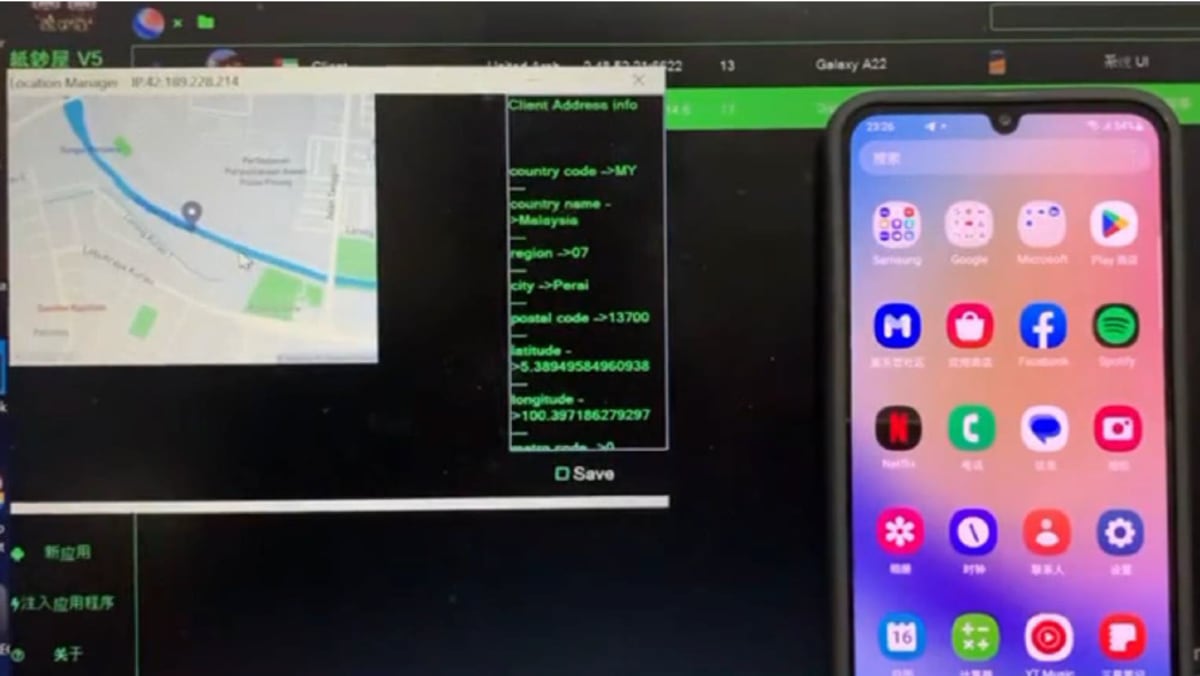Sam Altman will return to OpenAI’s board along with three new directors

Altman has become the face of the recent artificial intelligence explosion that burst onto the scene with his decision to release ChatGPT in November 2022.
But in a shock move, the company’s board summarily fired Altman without any clear reason given, sparking the threat of a mass exodus by the company’s 700 strong employees, who stuck by their star CEO.
Microsoft, the tech giant with major investments in OpenAI, offered to hire those leaving the AI company, forcing a change of mind by its board, which reinstated Altman after a few days of chaos.
The board members behind Altman’s shortlived ouster left their roles.
“RIGHT LEADERS”
In the aftermath of the events, the new-fangled board launched an internal investigation into what happened with a law firm.
The results of that investigation unanimously concluded that Altman and president Greg Brockman “are the right leaders for OpenAI”, Taylor said in a separate statement.
The company said the probe, handled by outside firm WilmerHale, “reviewed more than 30,000 documents; conducted dozens of interviews, including of members of OpenAI’s prior Board, OpenAI executives, advisors to the prior Board, and other pertinent witnesses”.
OpenAI remains the standard bearer of generative AI, the technology that can generate human-level texts and images in seconds.
But it faces increased rivalry from Google, Meta and other start-ups, including Anthropic, Musk’s xAI and French company Mistral.
OpenAI is now caught up in a legal battle with Musk, who accuses Altman and top executives of betraying the original nonprofit status of the company.
Musk’s suit alleges that OpenAI was now effectively a subsidiary of Microsoft, arguing that this was a breach of contract.
Microsoft’s embrace of AI, and OpenAI’s technology in particular, has made it the world’s biggest company by market capitalization.
OpenAI is also being sued by The New York Times for allegedly illegally using its articles to train the models that power ChatGPT and other applications.
The Times believes that ChatGPT has the capability to become a substitute for its journalism and was built from scraping its content from the internet without payment or permission.
Source: CNA


